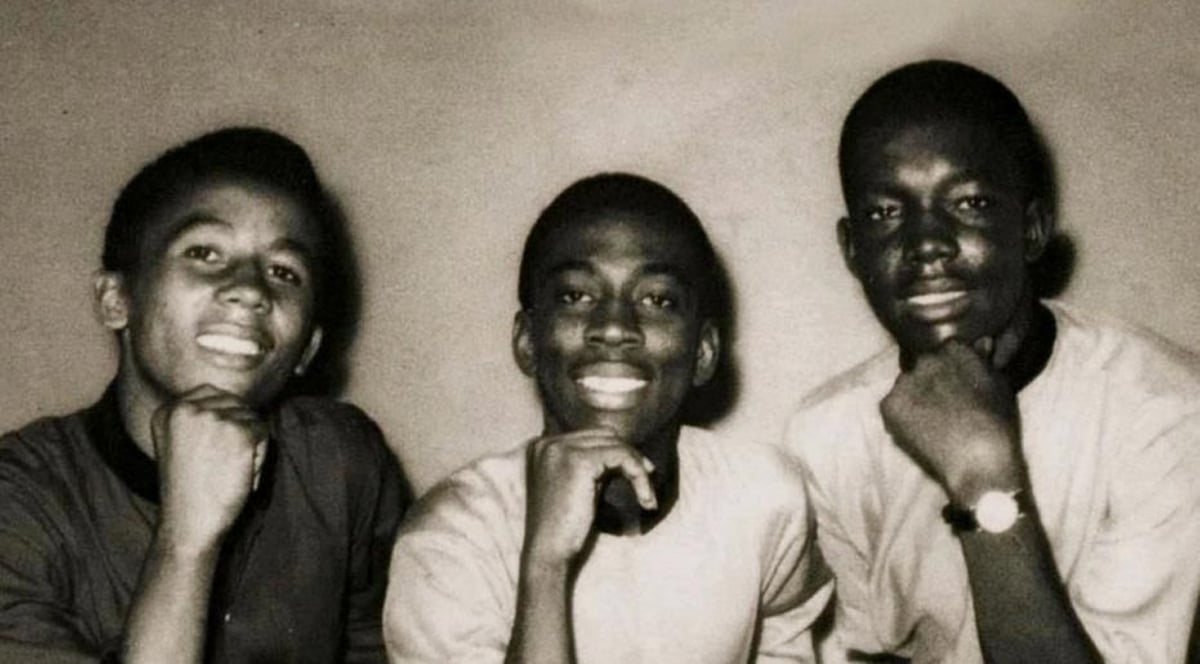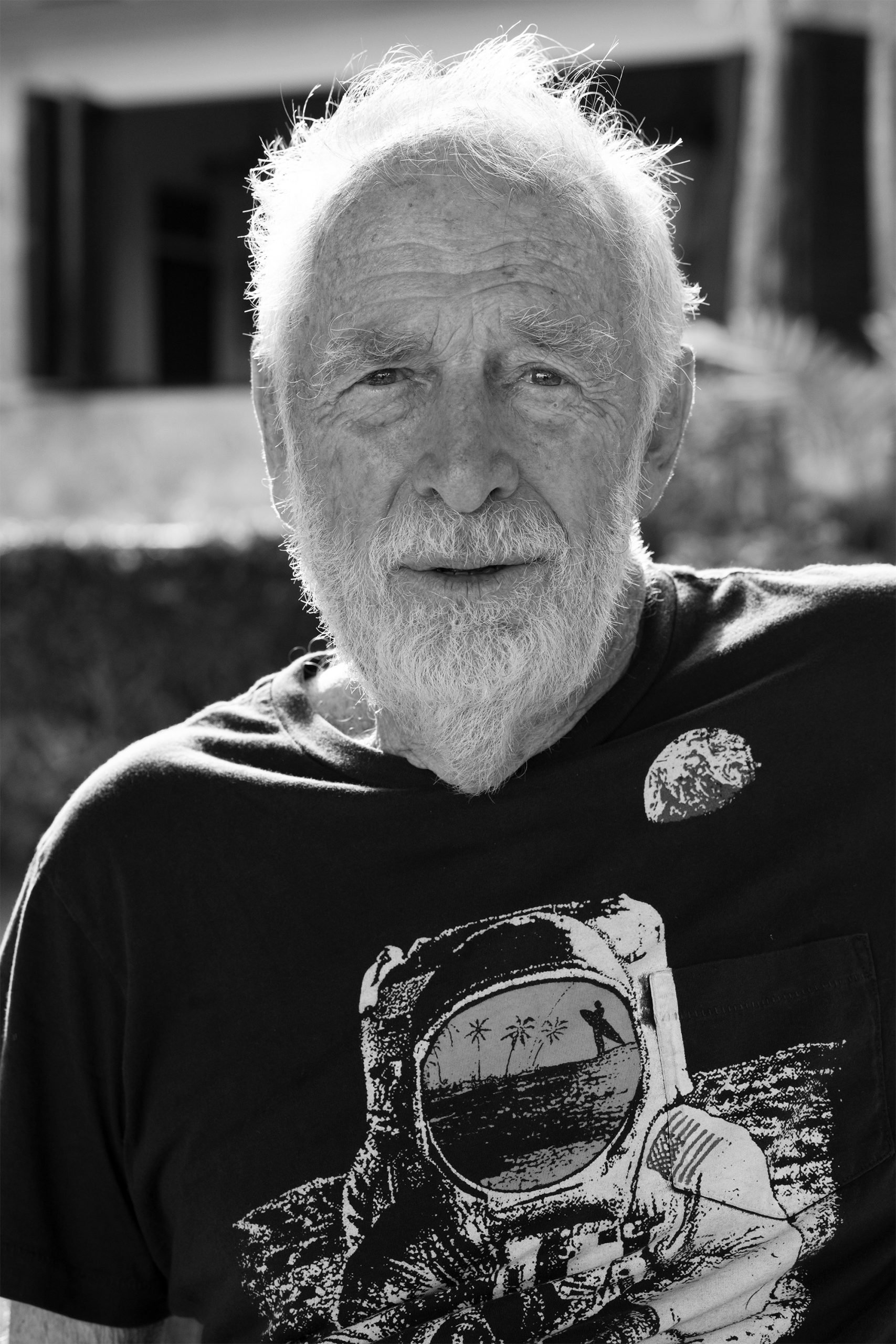Blackwell Addresses Perceived Favoritism Towards Bob Marley At The Expense Of Peter Tosh, Bunny Wailer

Founder of Island Records Chris Blackwell has denied long-held assertions that he sidelined Bunny Wailer and Peter Tosh in favor of Bob Marley because the Gong was half-white. The English music producer, who turns 84 in June, has also addressed accusations that he hoodwinked and exploited the One Love singer.
Blackwell, in his upcoming memoir titled Islander: My Life in Music and Beyond , set for release on June 7, said that while the accusations were simply not true and were misdirected, he, being a white man, under stood the misgivings that Peter and Bunny had about him due to the antecedents of other producers.
“Peter Tosh didn’t like me,” Blackwell said of the Wanted Dread & Alive singer in an excerpt from the book published by Rolling Stone. “He (Tosh) suggested I favored Bob because Bob was half-white, with an English-born father. Behind my back, he referred to me as ‘Whitewell’ and ‘Whiteworst.’”
“All I can say is that his suspicions were misguided, as were those who accused me of exploiting Bob to make money. I never paid a Jamaican act a penny less in royalties than an English act. I was helpless without the artists. I wasn’t a singer or a writer; it made no sense to rip them off. I put my all into getting Bob’s music, and Jamaica’s music, into the mainstream,” Blackwell noted in the memoir.

Blackwell’s statements come 12 years after Rastafarian attorney-at-law Miguel Lorne, outrightly blamed Blackwell at a Peter Tosh Symposium at The University of The West Indies, for ‘mashing up’ The Wailers group by devaluing Bunny Wailer and Peter Tosh’s equal role in the ascension of the group.
Lorne, who served as attorney to Bunny Wailer, had said the major reason for the break-up of one of Jamaica’s most celebrated trios, was due solely to Chris Blackwell’s approach in handling the group and had argued that because of Bob’s Caucasian father, the Island Records boss “found it easier to package and promote Bob to a European market”.
“The break-up of The Wailers in the sense of division between Bob, Peter and Bunny, really hurt Peter Tosh. And he saw through Blackwell’s tricks. Blackwell helped to break up the group on the basis that Blackwell felt that he could market Bob Marley to the World, but when he said the World he meant the White World. And so, he wanted more or less that if Peter and Bunny stayed around, they would more or les be appendages to sorta prop up Bob,” Lorne had stated.
“Naturally they couldn’t accept that type of status. They continued as brothers. So when Peter Tosh referred to Blackwell as ‘Whitewell’, it wasn’t just another joke. It wasn’t just a matter of changing the name – or ‘Whiteworst’ – Peter saw through the racism that Blackwell was now introducing into the music genre. In other words, Blackwell really felt that Bob being of that colour, was much more easier to package especially to the North American and European market, than having these two other black persons there,” Lorne had stated.
Lorne had also said that Peter took some of his anger out on Bob, and started referring to Bob as “the white man son”. When Lorne had asked Tosh why was he so bitter against Marley, the Mama Africa singer had told him that Bob should not have agreed to the deal with Whitewell.
“He said from where they were coming from, the struggles that they had gone through, that there was no way when ‘Blackwell’ or ‘Whiteworst’ come with this trick, that Bob should not have agreed,” Lorne had said.
Blackwell’s Island Records celebrates its 53rd anniversary this year and is said to be, arguably, the most prestigious record label in the history of British music. The company was founded in Jamaica by Graeme Goodall and Blackwell, who nurtured and promoted Marley’s career and other Jamaican artists such as Millie Small whom he took to England in 1963 to record My Boy Lollipop, and which became the first Jamaican record to sell a million copies.
In the memoir, Blackwell also went on to address what likely caused the ‘money mistrust’, and shared how he first met the three firebrand Wailers vocalists.
According to him, the three youngsters had strutted like bosses, unannounced, into his office at Basing Street in 1972, “acting on Bunny’s belief that I owed them, waiting to see what I could offer them”.
He said Bunny’s notion that he “owed them” stemmed from a conversation the singer had with producer Studio One record producer Coxsone Dodd, who spoke of “a man named Blackwell” who released their pre-reggae hits “Simmer Down” and “It Hurts to Be Alone” in the UK in the 1960s.

He said the trio paid the visit after Marley, who had been in Sweden for a few months in 1971 writing some music for the romance film, Vill Så Gärna Tro, which starred singer Johnny Nash, ran out of funds, and found he had only enough to get himself from Stockholm to London.
He said that Peter and Bunny, who had assisted Bob with the project, had rejoined each other in London by the end of 1972, “looking to make some money, if only to get home to Kingston”.
“The truth is that I frequently took on dozens of Jamaican records as part of a deal, often just to get the one that I really wanted, and it wasn’t like I was specifically, knowingly distributing those Wailers tracks; in any event, I don’t think they sold particularly well,” Blackwell explained.
“But Bunny had it in his head that I owed them some money. Maybe it was a Coxsone distraction: point the finger somewhere else,” he said.
Blackwell however, said that Bunny could not be faulted for being mistrustful of producers and distributors, as Jamaica was awash with cases of artists being cheated of what was due to them.
“Bunny’s suspicion of the business was not unwarranted. For Jamaican musicians it was always a case of chasing royalties. There were constant financial disputes. It was said in Jamaica — you make a record, you get $20. If it sells a million, you still get $20,” he noted.
The angst surrounding Blackwell’s perceived favoritism towards Bob at the expense of Peter and Bunny, has been longstanding, and continued years after the three Wailers had all passed.
In March last year, attorney-at-law Maxine Stowe, who served as the late Bunny Wailer’s manager up to the time of his death, said The Black Heart Man was heartbroken by the manner in which Blackwell, erased himself and Peter Tosh, brushed them aside, and rebranded their collaborative works, to which they have intellectual property rights, as solely Bob Marley’s.
The Wailers had started out as a sextet back in 1963, and later morphed into the trio of Bob, Peter and Bunny in 1966, which gave the world hits such as Simmer Down, Trench Town Rock, Nice Time, Stir It Up and Get Up, Stand Up, before each of the three went solo in 1974. However, according to Stowe, “the major asset of the Wailers and the Wailers catalogue has still not been settled”.
“His (Bunny’s) issue with Blackwell was how he took Bob Marley and the Wailers name, the title, and redid the works of the Wailers and removed their image and just put Bob’s image. They were sidelined in their visibility… because the industry now is what is your brand, and even your earnings are depleted because people don’t know if this is you, Bob Marley and the Wailers…,” Stowe had said in an interview with Television Jamaica’s Anthony Miller.
Marley passed away at the age of 36 on May 11, 1981, at a Miami hospital, after battling cancer.
Tosh was shot and killed at his home in Kingston, at age 42 on September 11, 1987.
Bunny Wailer passed away at the age of 73 on March 2, 2021, reportedly of complications from a stroke he had suffered.
